An immaculate and irresistibly pretty 16th century house for sale in one of the prettiest villages in Bedfordshire
The Old House in Aspley Guise is a delightful 16th century home in one of the prettiest villages in Bedfordshire. Penny Churchill takes a look inside.
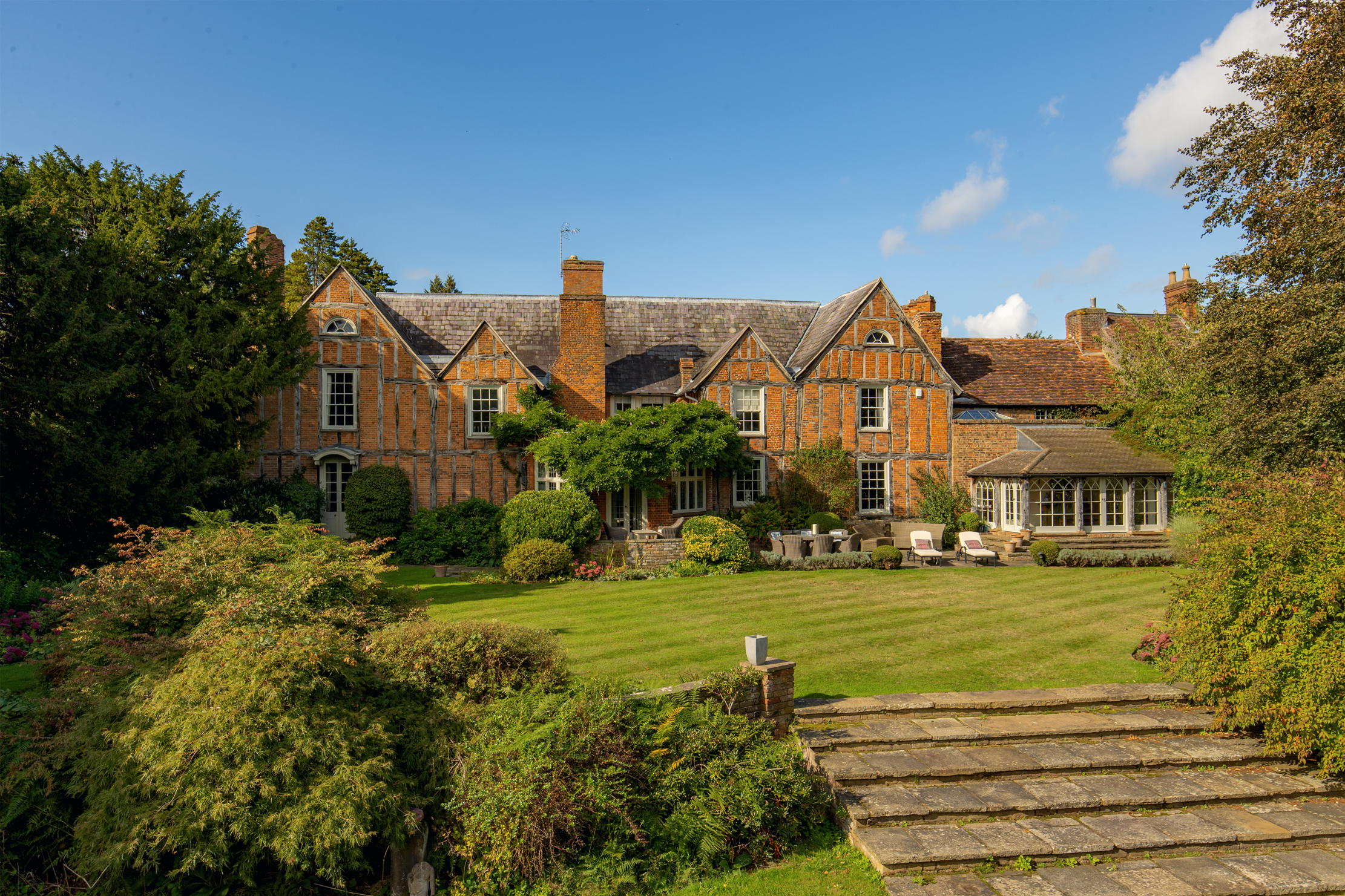
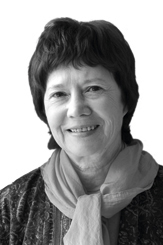
At Country Life we’ve reflected several times in recent weeks on the importance of a house’s name, and how modern developers tend to call any property they put up a ‘hall’ or a ‘grange’ when they might well just be a block of new-build flats.
So it’s rather lovely to come across The Old House, an exquisite, late-16th-century house that — just as its name suggests — is believed to be the oldest house in the village. The house is found in the pretty rural landscape of this part of Bedfordshire, and specifically in the sought-after village of Aspley Guise, which sits in a conservation area close to the woodland of the Duke of Bedford’s Woburn estate. Joint agents Rosie Rickett of Savills and Ian Denton of Jackson-Stops are handling the sale, quoting a guide price of £2.35m.
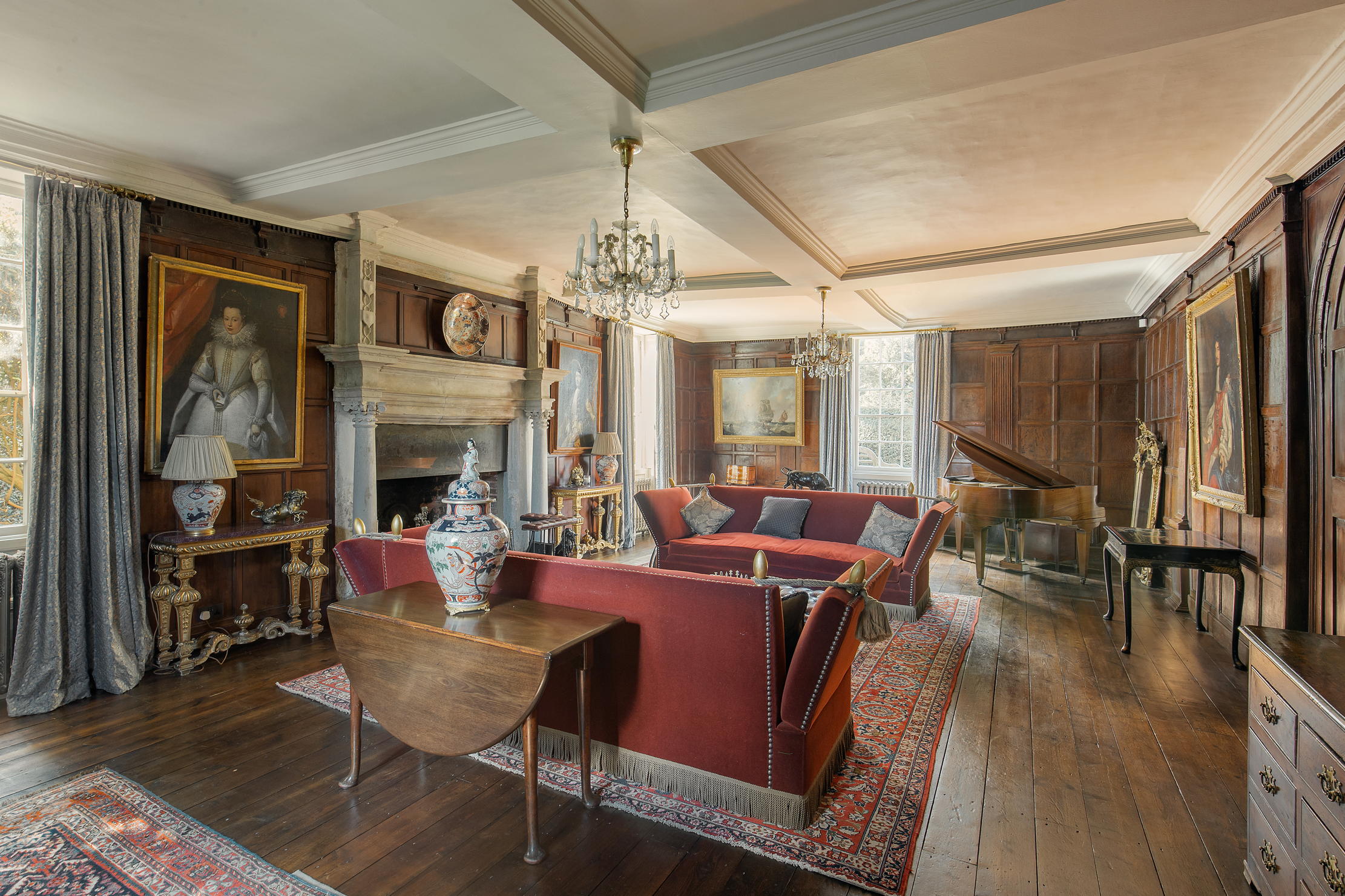
Inside, The Old House is beautifully done.
Beautifully decorated throughout, it offers generous family accommodation on three floors, including an entrance hall, three main reception rooms, a study, games room, kitchen/breakfast room and garden room.
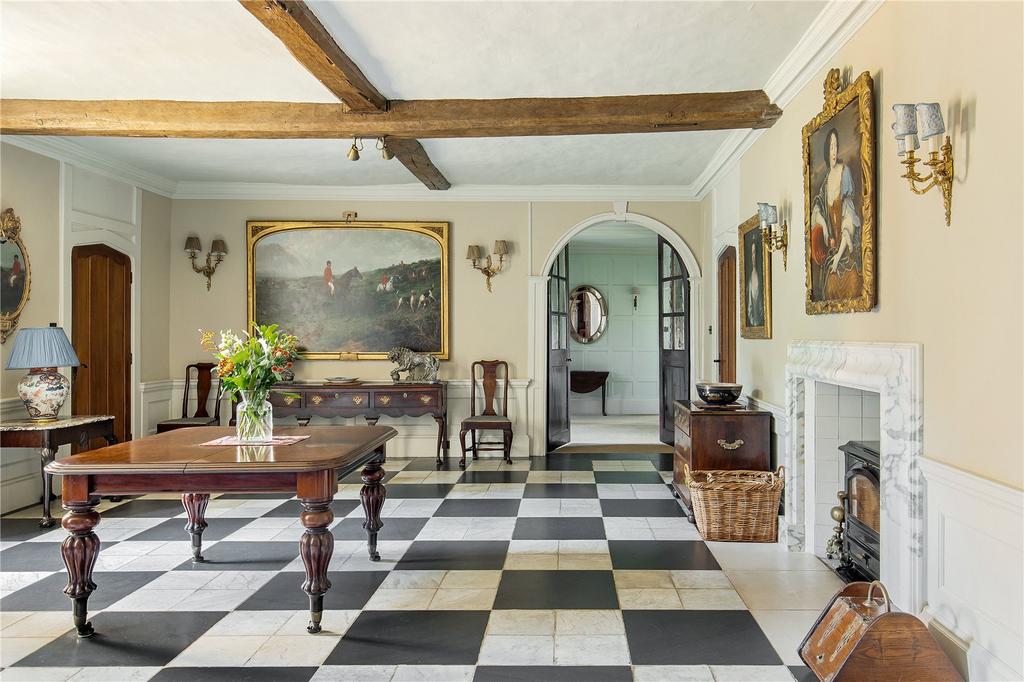
There is a principal bedroom suite with a simply astonishing ceiling, plus six further bedrooms, four bathrooms, attics and cellar.
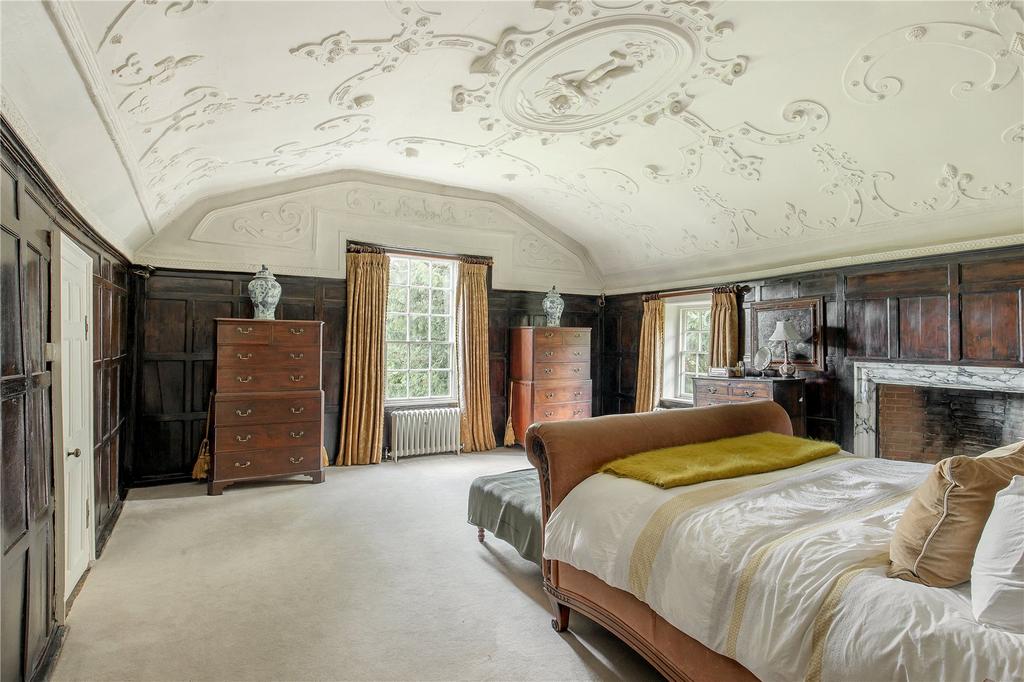
Outbuildings include a studio/gym, a double garage, a tack room and wood stores. Some of the artworks, which were bought specially for the house, may be available by separate negotiation.
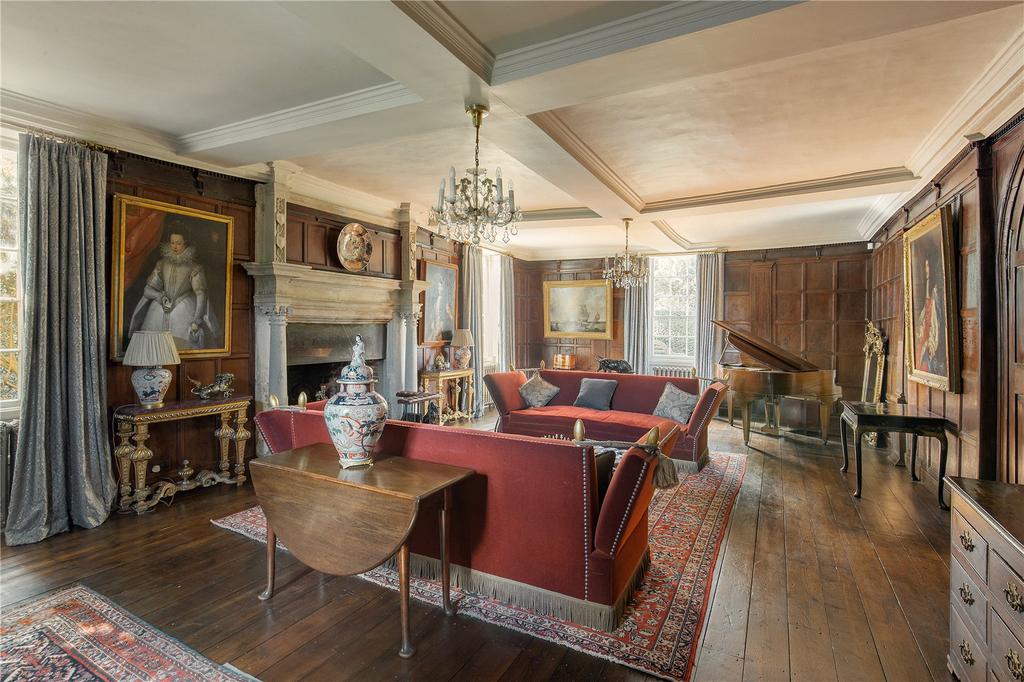
The house was built in about 1575 for Edmund Harding, one of a family of self-made men who, according to local records, rose from husbandmen to gentlemen in the course of the 16th century.
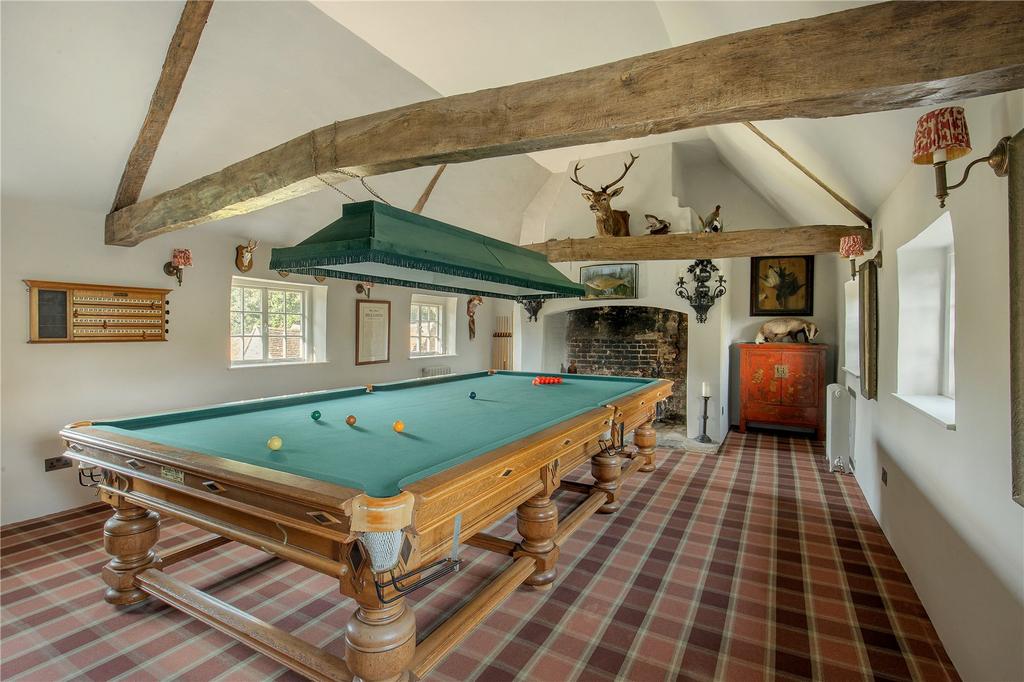
When first built, The Old House was seen as a direct challenge to the lord of the manor, being bigger by one hearth than the Manor House, and the owners came to be regarded, not least by themselves, as the second squire.
Sign up for the Country Life Newsletter
Exquisite houses, the beauty of Nature, and how to get the most from your life, straight to your inbox.
Their tenure was relatively short, however, and, less than a century later, in 1657, they sold the house to the Cartwrights, a Puritan family from Gloucestershire.
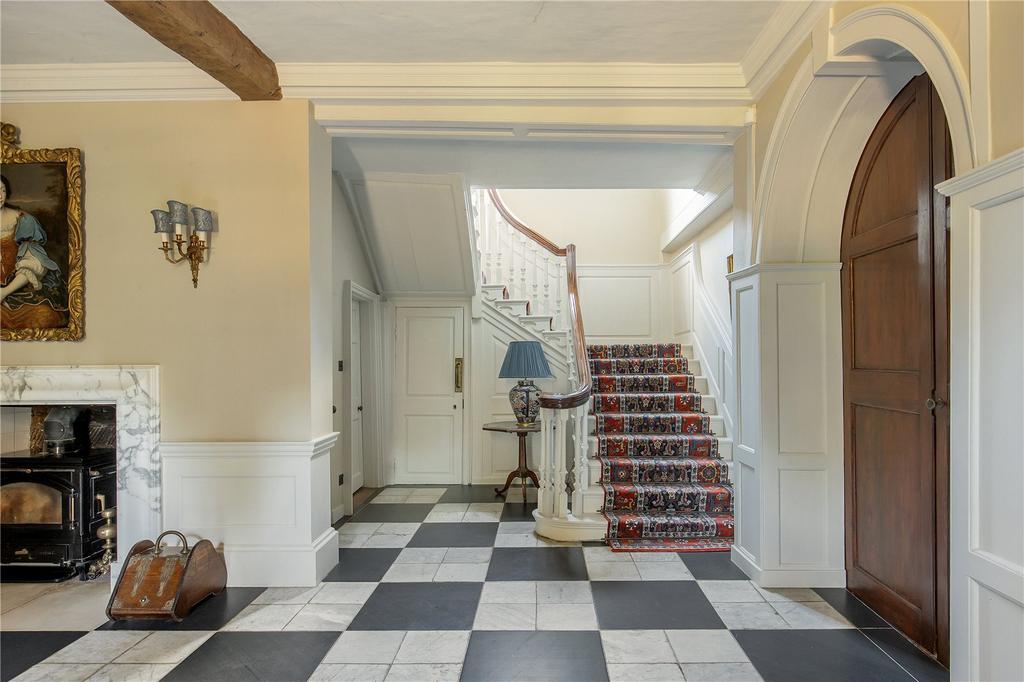
In 1680, the Cartwright heiress married one Thomas How, a Leighton Buzzard wool merchant and a Quaker. The Old House remained in the How family for the best part of the next two centuries, during which time the exterior was ‘Georgianised’ with the addition of a white stucco front.
In 1906, the house was acquired by Dr George Herbert Fowler, who, in 1913, established the archive that is now the Bedfordshire & Luton Archives & Records Service, having also founded the Bedfordshire Historical Record Society in 1912.
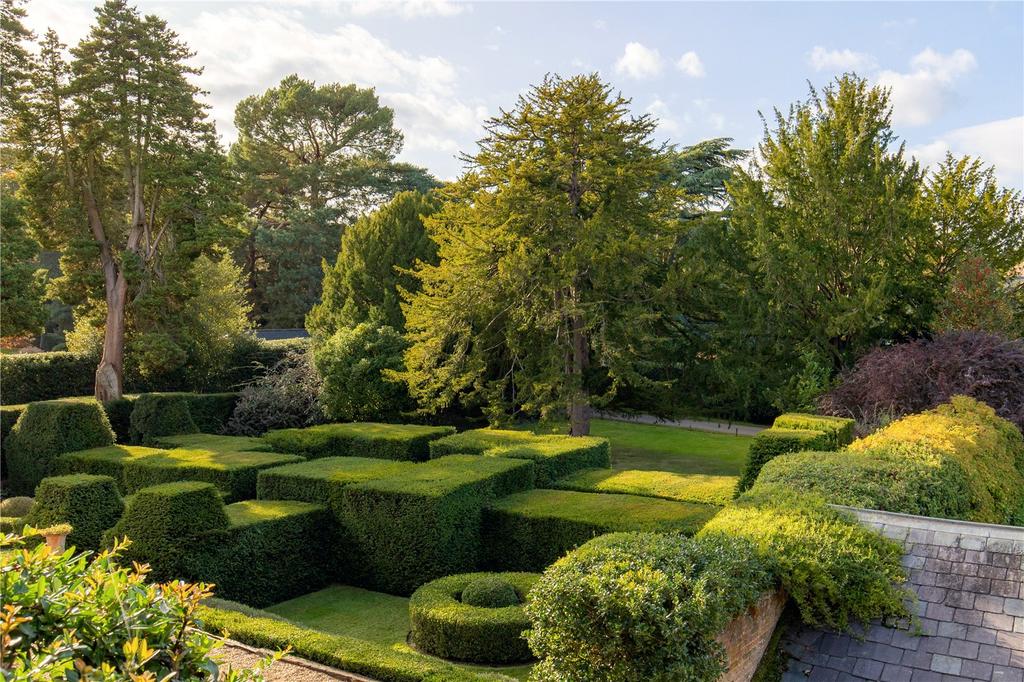
From deeds in his possession, Dr Fowler painstakingly made a list of all the recent owners, from Richard Thomas How, who sold to the Revd James Wright of Aspley Guise in 1826, to a Mrs Unwin, the widow of Lt-Col Robert Unwin, JP, who sold The Old House to him in 1906.
Fowler immediately set about restoring the ancient building in a project that took five years to complete. In the process, he reversed the 18th-century ‘improvements’ by removing the stucco to reveal the original timber frame and infill brickwork. He died at The Old House in August 1940.
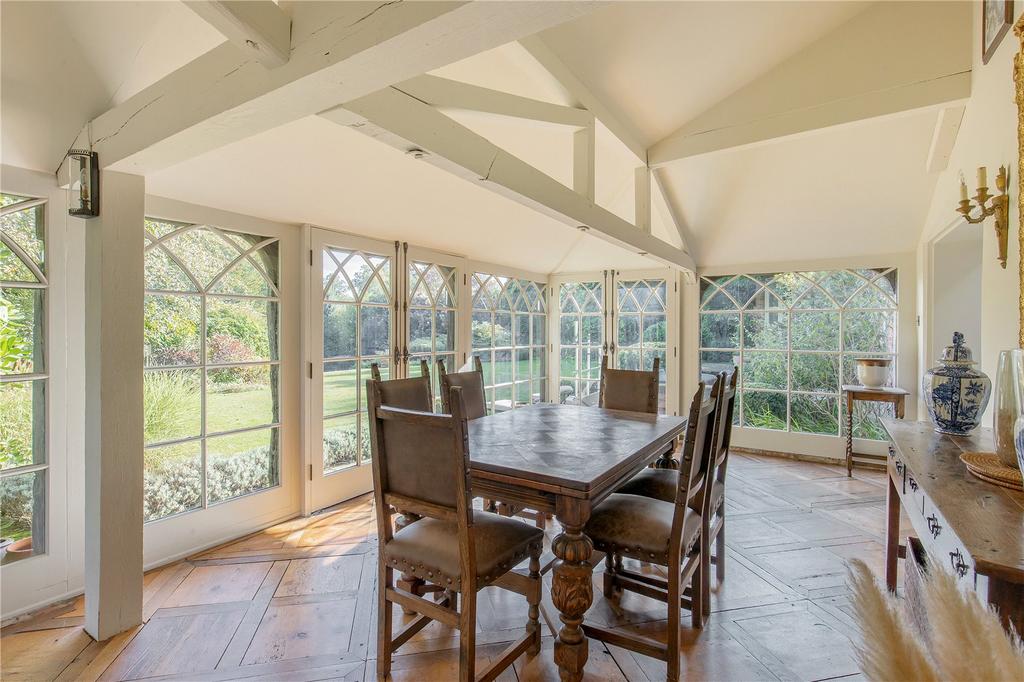
The present owners, who bought The Old House in 2002, have carried on where Fowler left off, updating and improving the interior, always retaining its essential charm and character.
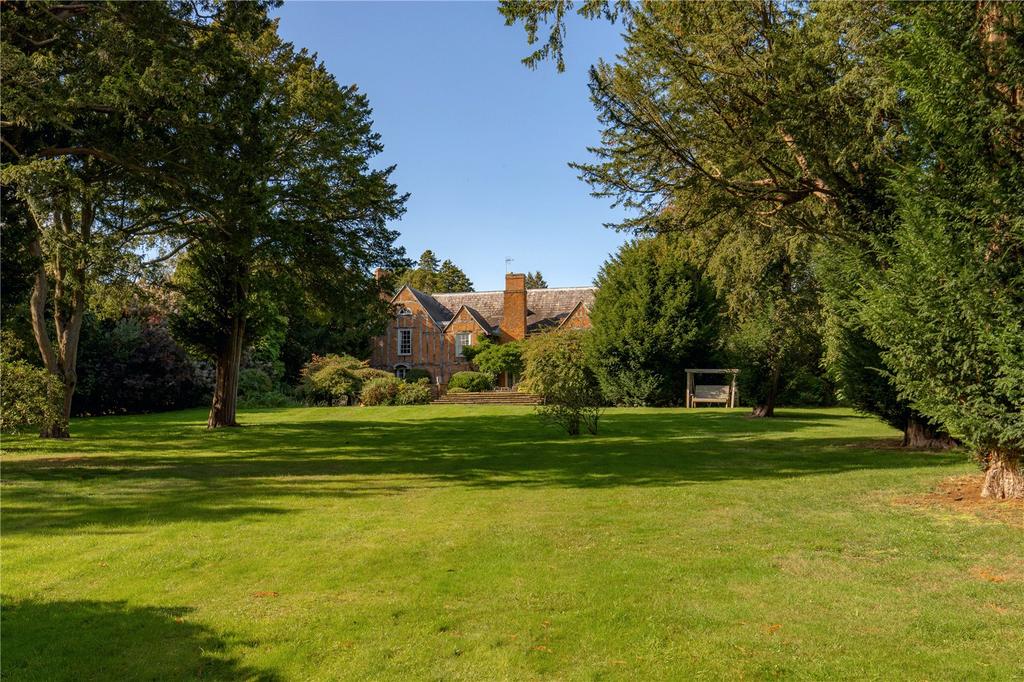
The house stands in just under 2½ acres of mature private gardens in a quiet part of the village, about two miles from Woburn village and 8½ miles from the commuter hub of Milton Keynes.
The Old House is for sale via Savills and Jackson-Stops at £2.35m — see more details and images.
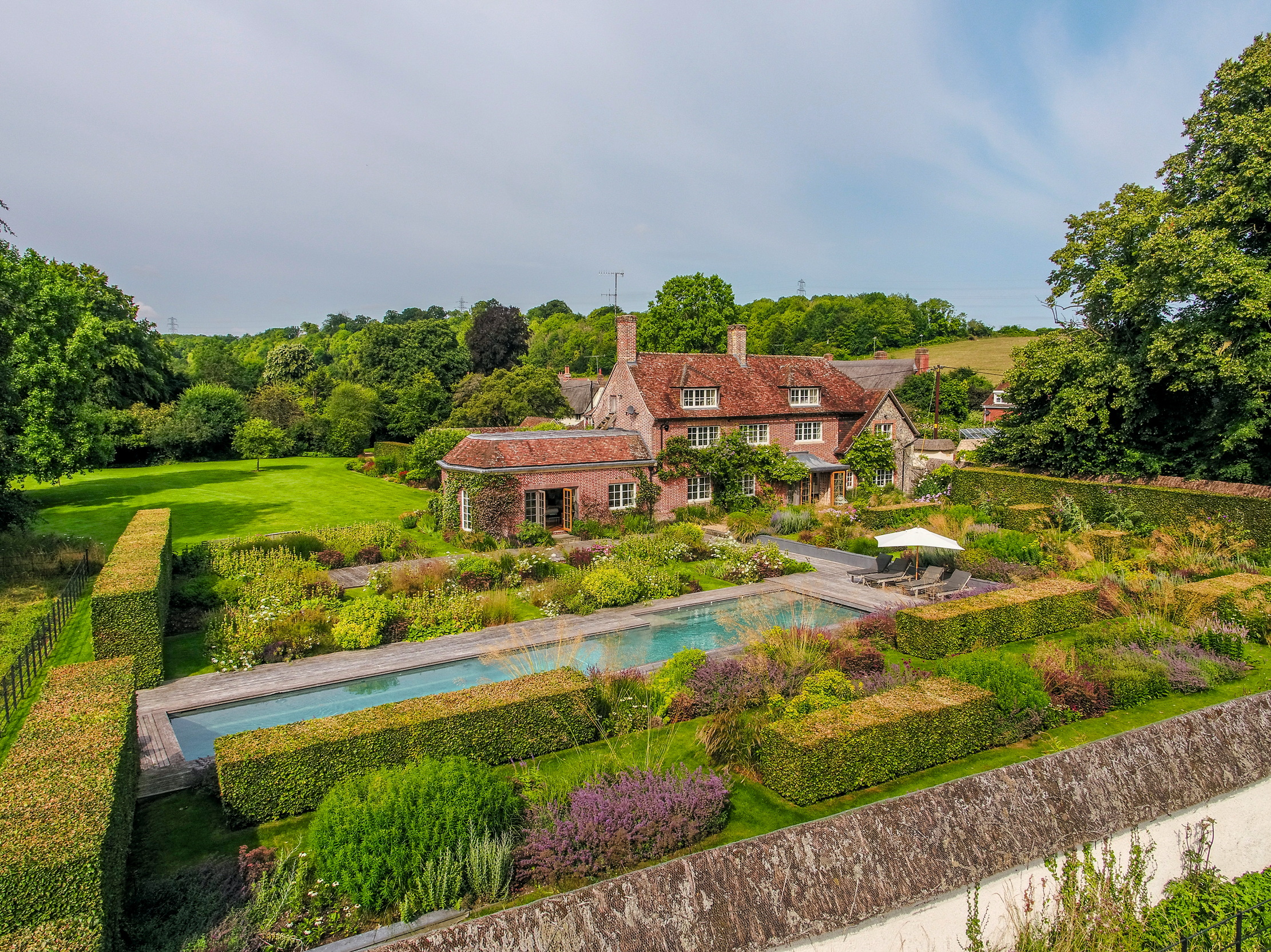
Credit: Strutt and Parker
Best country houses for sale this week
An irresistible West Country cottage and a magnificent Cumbrian country house make our pick of the finest country houses for
-
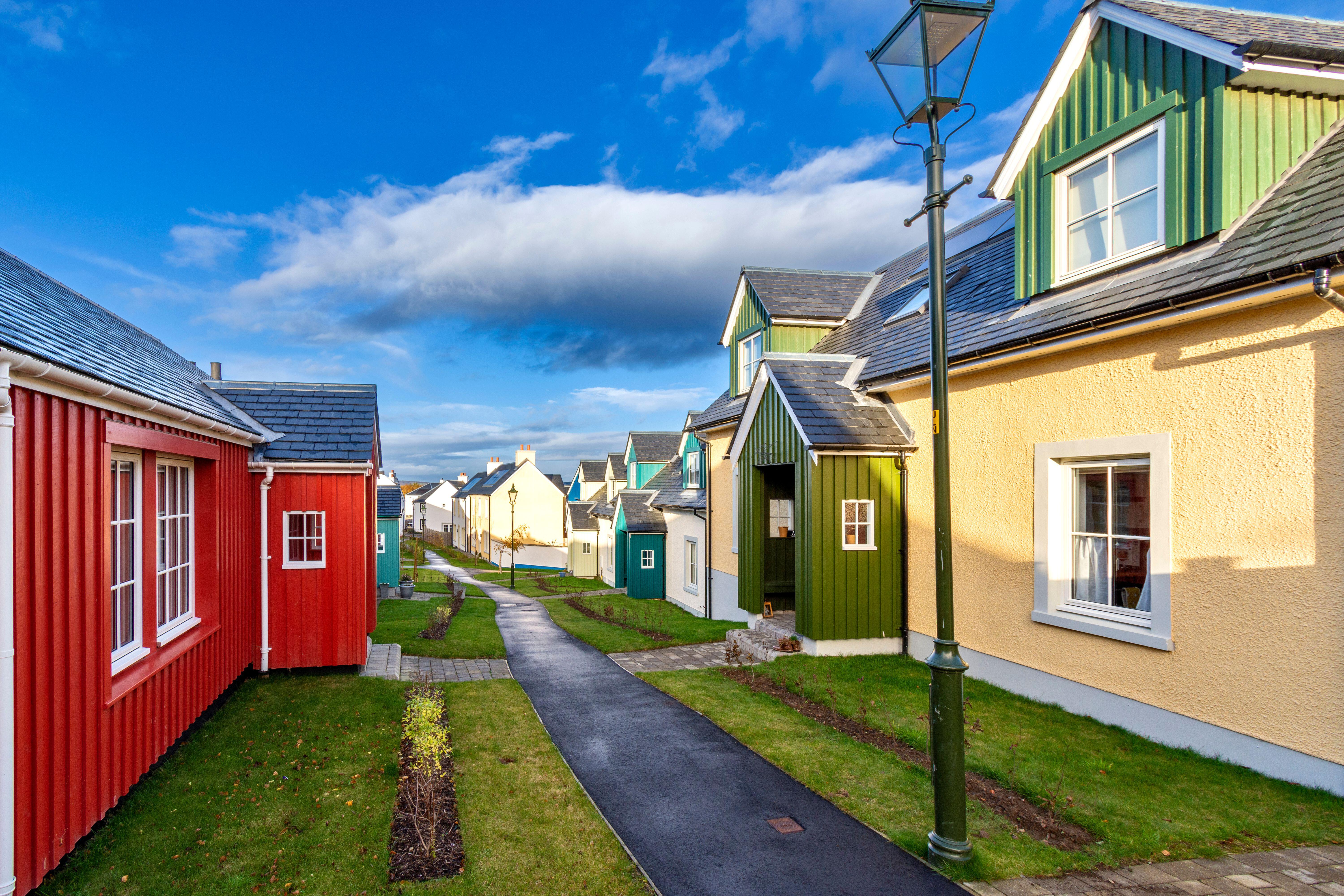 What should 1.5 million new homes look like?
What should 1.5 million new homes look like?The King's recent visit to Nansledan with the Prime Minister gives us a clue as to Labour's plans, but what are the benefits of traditional architecture? And can they solve a housing crisis?
By Lucy Denton Published
-
 Having a ruff day: Kennel Club exhibition highlights the plight of vulnerable spaniel breeds
Having a ruff day: Kennel Club exhibition highlights the plight of vulnerable spaniel breedsPhotographer Melody Fisher has been travelling the UK taking photographs of ‘vulnerable’ spaniel breeds.
By Annunciata Elwes Published
